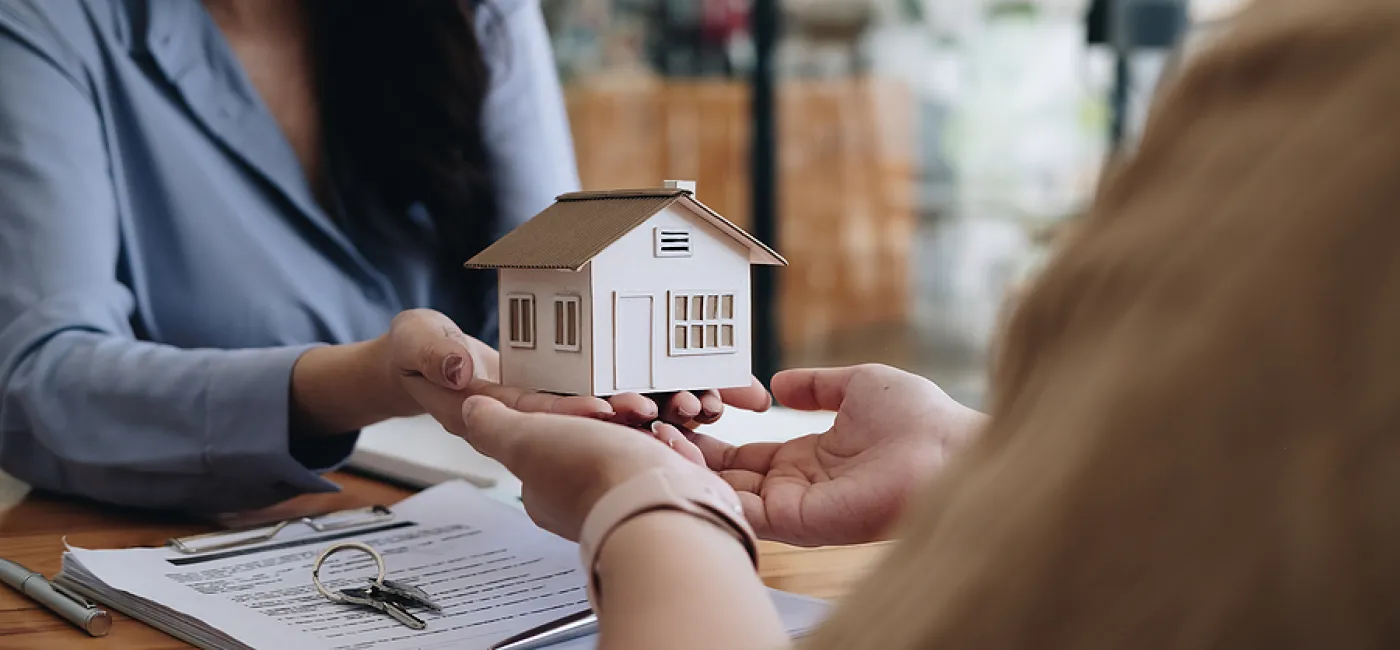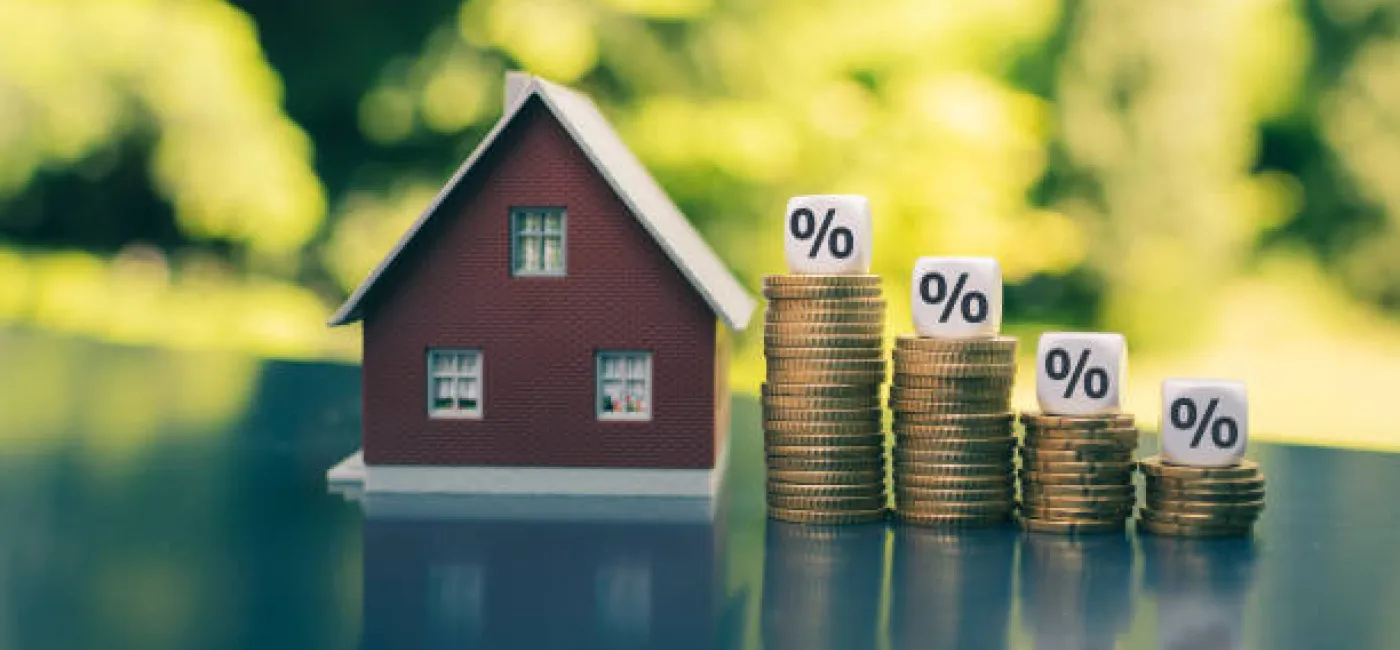
The housing market is in an extreme state of flux that began at the start of the chaotic 2020s and has continued to ripple ever since, affecting mortgage eligibility and therefore the ability to buy a house for millions of people.
One of these factors is the record high housing market which in the first half of 2022 had four record-breaking months in a row.
Combine this with the lowest rate of mortgage approvals in years and it can be difficult for people who are not power buyers to get onto the market.
Here are some common barriers to getting a mortgage and ways to overcome them.
Security
The last two years have seen a wave of redundancies, job losses and people moving into self-employment, which can initially lead to issues of proving a stable income.
One solution is simply to wait until your income has stabilised, with most lenders wanting at least two years of records. However, you can help this by reducing your current debt, clearing any credit you have and building up enough savings to cover your deposit and beyond.
Most financial checks are looking for a pattern of financial behaviour and an ability to repay, and proving fiscal responsibility will help with this.
Credit Score
One of the biggest barriers to homeownership is a poor credit score, caused either by missed repayments, bankruptcy or a county court judgement.
There are CCJ mortgage specialists who will provide mortgages that factor low credit into their payment schedule, but whilst a CCJ is a barrier, it can be overcome by showing a pattern of fiscal responsibility and highlighting that the issues that caused the judgement are not reflective of your ability to repay.
Cost Is Too High
Typically, the higher the deposit percentage you can pay upfront, the lower the mortgage repayments and the less interest you have to pay over the life of the loan.
However, there are schemes which can help first-time buyers get onto the property ladder with lower deposits.


